The Whys and Hows of a Culinary Doctorate Degree
Pursuing a doctorate degree in culinary arts is a prestigious and thrilling endeavor for those who dream of reaching the pinnacle of the culinary world. Unlike traditional culinary degrees, a doctoral program offers a profound exploration into advanced culinary theory, research, and innovation, presenting a unique opportunity to shape the future of food and gastronomy. This advanced degree is for aspiring chefs and those interested in academia, research, or leadership roles within the culinary industry.
In this post, I’ll delve into the distinctive features of a doctorate in culinary arts, including its focus on cutting-edge culinary science, food systems, and gastronomy. We’ll explore the programs available, their curricula, and the potential career paths they open up, from academic and research roles to executive chef or culinary consultant positions.
Additionally, we’ll highlight the skills and knowledge you’ll gain, which include advanced culinary techniques, food innovation, and leadership strategies.
Whether you’re considering this path to elevate your culinary career or to contribute to groundbreaking research in food, this post will provide valuable insights into what a doctorate in culinary arts entails and how it can transform your professional journey. Rest assured, this advanced degree is a significant step towards achieving your career goals.
Is There Really Such A Think As a Doctorate Degree in Culinary Arts?
Yes, there are indeed doctorate degrees in fields related to culinary arts, although they are less common than undergraduate and master’s programs. These advanced degrees typically focus on culinary science, gastronomy, or food systems rather than traditional cooking techniques. Here are some examples:
- Doctorate in Culinary Arts or Culinary Science: Some institutions offer PhD or Doctor of Culinary Arts programs that delve into the scientific aspects of cooking, food technology, and culinary innovation. These programs often emphasize research, food chemistry, and the development of new cooking techniques or products.
- PhD in Food Science: This degree focuses on the scientific study of food, including its composition, nutrition, and safety. It often includes research components related to food production, processing, and sensory evaluation.
- PhD in Gastronomy: This interdisciplinary program explores food’s cultural, historical, and social dimensions. It combines elements of culinary arts with research in fields such as anthropology, history, and cultural studies.
- Doctor of Philosophy in Hospitality Management: While not exclusively culinary, this degree often includes components related to food management, culinary innovation, and the broader hospitality industry.
These doctoral programs typically aim at individuals interested in academic careers, research positions, or leadership roles within the food industry. They offer advanced knowledge and expertise beyond what is covered in undergraduate and master’s programs.
What Courses Would You Take?
The coursework typically focuses on advanced research, theory, and application in a doctoral program related to culinary arts, gastronomy, or food science. Here are some common types of courses you might encounter:
- Advanced Culinary Science: Studies on the scientific principles behind cooking techniques, food chemistry, and ingredient interactions.
- Food Systems and Sustainability: Examination of global food systems, sustainability practices, and the environmental impact of food production and consumption.
- Research Methods in Food Science: Training in research design, methodology, and data analysis specific to culinary and food science research.
- Gastronomy and Food Culture: Exploration of the cultural, historical, and social aspects of food, including the role of gastronomy in different societies.
- Culinary Innovation and Product Development: Focus on creating new food products, improving existing ones, and understanding trends in culinary innovation.
- Sensory Science: Study how people perceive and evaluate food through taste, smell, texture, and appearance.
- Food Safety and Quality Assurance: In-depth look at food safety regulations, quality control measures, and best practices for ensuring food safety and quality.
- Leadership and Management in Culinary Arts: Courses on managing culinary operations, including kitchen management, staff training, and strategic planning.
- Ethics and Policy in Food Studies: Analysis of ethical issues, policy-making, and the impact of food-related decisions on health and society.
- Dissertation Research: Independent research project focused on a specific topic within the field, culminating in a doctoral dissertation.
These courses are designed to provide a comprehensive understanding of the culinary field’s theoretical and practical aspects, preparing students for advanced roles in research, academia, or industry leadership.
What Institutions Offer A Doctorate Degree?
Several institutions offer doctoral programs in culinary arts, gastronomy, or food science. Here are some notable examples:
- The Culinary Institute of America (CIA): The CIA offers a Doctorate of Professional Studies in Culinary Arts and Food Science. This program is designed for experienced culinary professionals who wish to delve deeper into culinary research, innovation, and leadership.
- University of Gastronomic Sciences (Italy): This university is known for its focus on the study of food, culture, and gastronomy. It offers doctoral programs in Gastronomic Sciences, which cover advanced research in food systems, culinary innovation, and cultural studies.
- Cornell University: The School of Hotel Administration at Cornell offers a PhD in Applied Economics and Management with research opportunities in food and beverage management, culinary science, and hospitality.
- University of California, Davis: UC Davis offers a PhD in Food Science that includes food chemistry, sensory science, and culinary innovation research.
- Oregon State University: The university offers a PhD in Food Science and Technology, focusing on various aspects of food science, including culinary applications and food systems.
These programs often combine culinary arts with advanced research in food science, gastronomy, or hospitality management, preparing graduates for academic careers, research, or high-level industry roles.
Is A Culinary Career Right For Me?

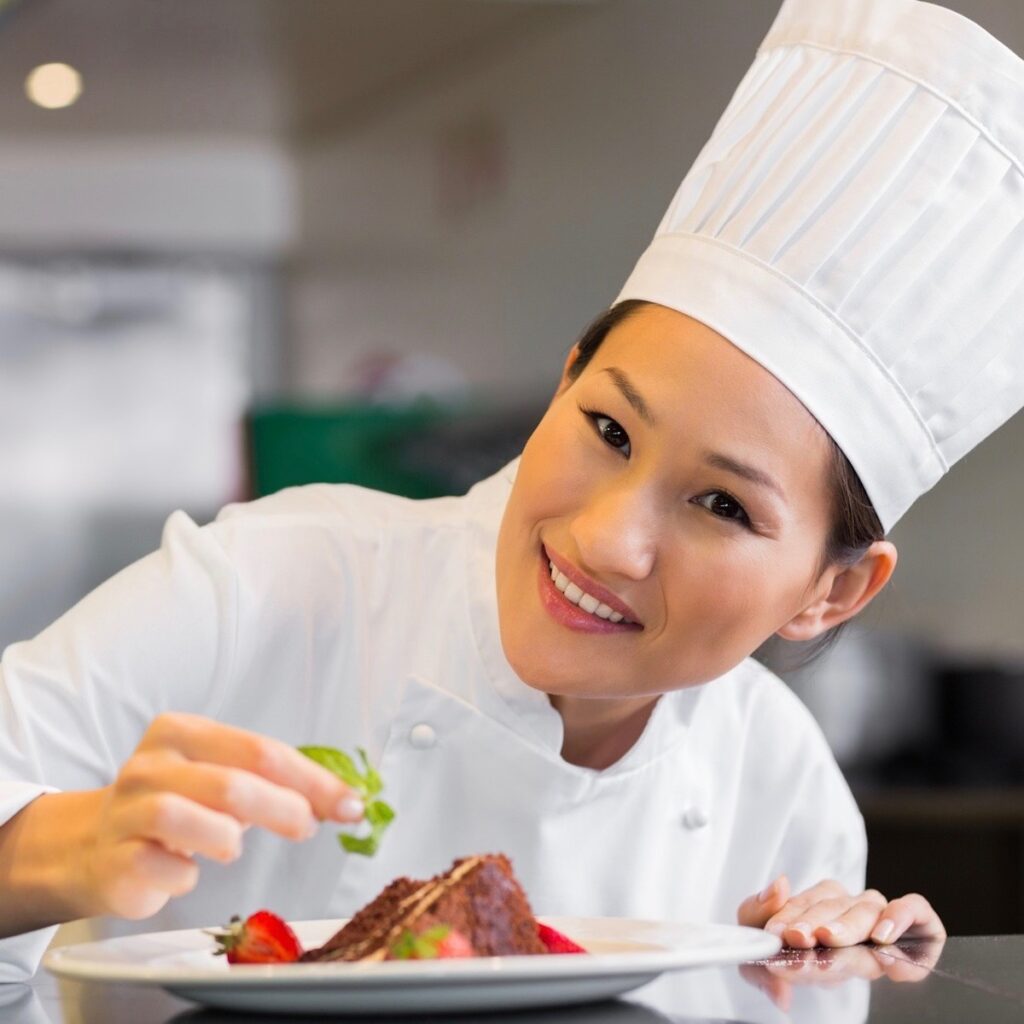
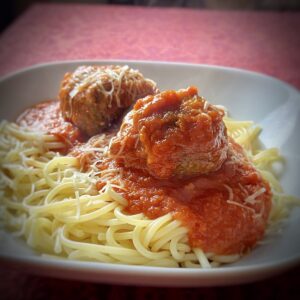
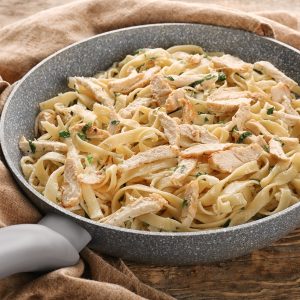




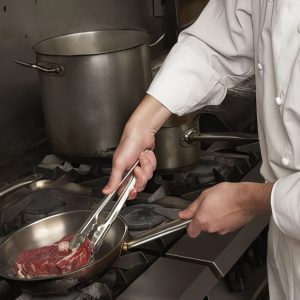




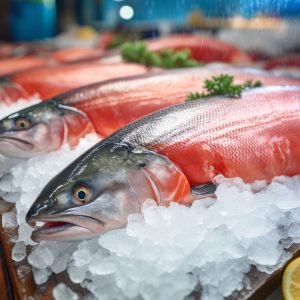


8 Responses
I am interested in the doctoral degree
I have done masters in tourism management. I am interested in doing my phd for culinary science. Which university in US provide this.
Hi Sunil, check out the PHD program in Food Science at Cornell’s College of Agriculture and Life Sciences. The URL is https://foodscience.cals.cornell.edu/graduate/doctor-philosophy-phd
I am chemical engineer but i want master in culinary arts and want to know that is any relation between bsc chemical engineering and master in culinary arts???????
I have done in India- B.sc., and M.sc., in hotel and catering technology and master of philosophy in tourism management. I have 14+ years experience in food production and patisserie.
I could like to do Ph.d., in culinary field. So can you guide me on this.
Hi I have done Bsc. In hotel management and post graduate diploma in culinary arts. And now I wish to pursue PhD in culinary arts. Can you please helpe regarding the same.
Do you have any Phd courses in UK?
I am graduated from Marketing (M.B.A.), Am I eligible for Ph.D. in culinary?